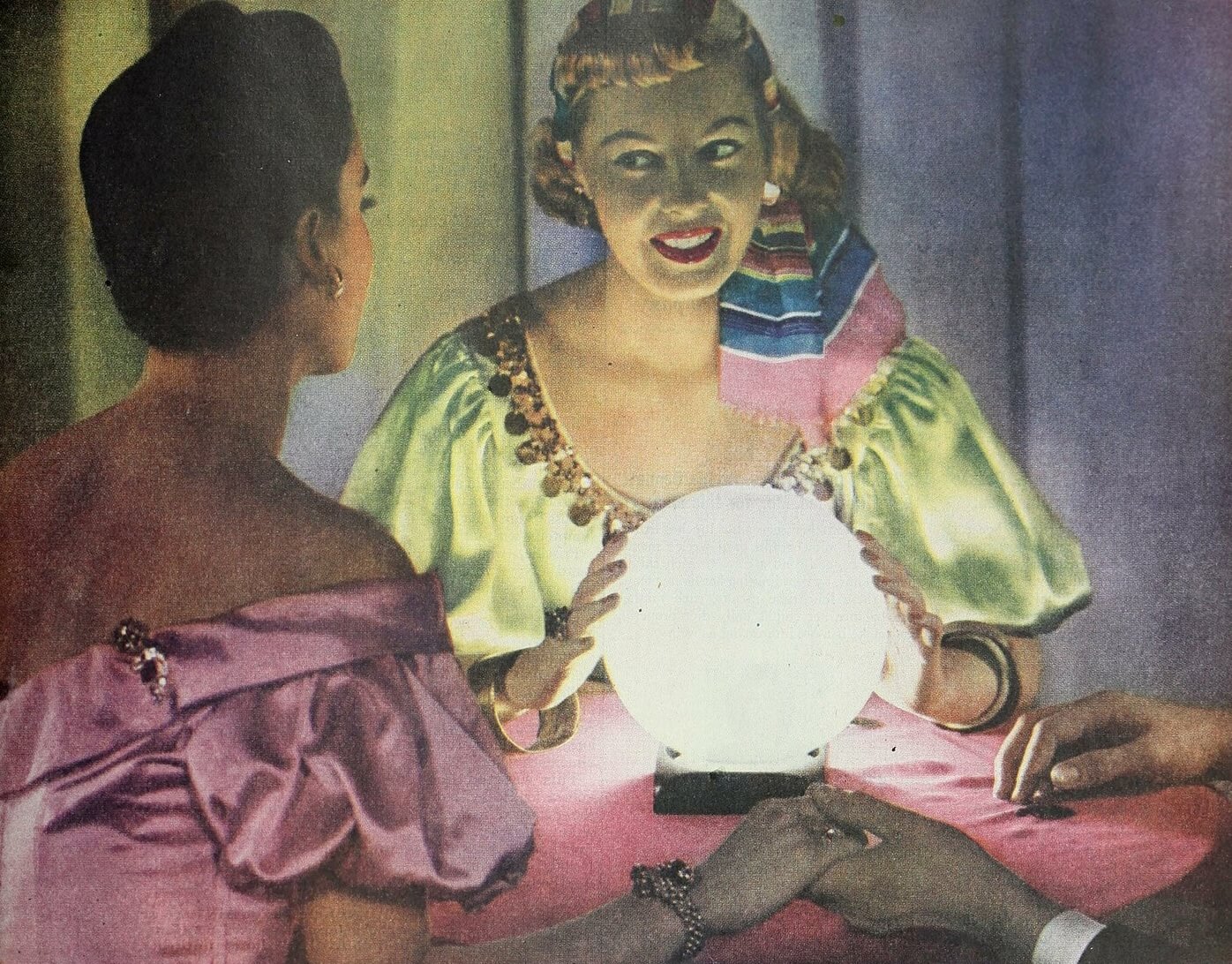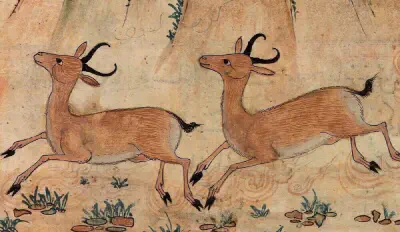I’m working on a long-standing project about divination, an interest that started when I was writing my book Sixty-Four Chance Pieces. I’m fascinated by the deep cultural roots of divination, and the way that divination, once you start looking, seems to get everyone. Divination, in other words, is one of those things that seems obscure, belonging to the fringes and the margins. But then when you start to look, you find that it is everywhere. In the Roman Republic, Cicero testifies to the universality of divination.
Cicero writes:
There is an ancient belief, which goes right back to heroic times and which is reinforced by the approbation both of the Roman people and of all peoples, that there is practised among mortals a kind of divination, which the Greeks call mantike, that is a presentiment and knowledge of future things… I see that there is no people so civilized and educated or so savage and so barbarous that it does not hold that signs of the future can be given and can be understood and announced in advance by certain individuals. [David Wardle, translator,Cicero on Divination: De Divinatione Book One, (Oxford University Press 2006), p. 45]
And I think Cicero is broadly right: divination is almost a human universal. In suburban English sitting rooms, people lay out the tarot cards. In a back-street in my current home in Bulgaria, people queue in the cold to receive insights from a well-known local diviner. And a couple of months back, a friend told me that her Russian grandmother’s right hand had divinatory powers: when asked for predictions, her grandmother’s hand took on a life of its own, and it wrote down prognostications about the future (this is one of my favourite stories of all).
Meanwhile, in the Chinese-speaking world, self-proclaimed Yijing experts set out their stalls outside temples, offering to suan ming for the benefit of passers-by. And all around the world, financial speculators make use of strange, high-tech tools — modern-day forms of divination — to try to make sense of the movement of the markets. At the Wuxi Yijing conference I went to a few years ago (possibly 2016 — I can’t remember), all delegates were given a handsome hardback manual that combined both: a guide to using the Yijing as a way of playing the financial markets.
But what we’re trying to do in divining the future is much more varied than it might first appear. We both want to know and don’t want to know what the future is going to be like. We want the future to be both open but also reassuringly predicatable. We want to know how things might be in general… but we also want a get-out clause. Knowing nothing about the future is terrifying. But so is knowing everything. So divination more or less seems to say this: Let’s muck around in the spaces in between certainty and uncertainty. Let’s play with the things we think we know and the things we don’t know, and confuse the two.
Peter Struck, in his study of Greek divination (Divination and Human Nature: a cognitive history of intuition in classical antiquity, Princeton University Press 2016), writes that divination in the Greek world is close to what we currently think of as intuition:
I hope to show in the pages that follow that the ancient philosophers’ approaches to divinatory phenomena belong to an historical stream of attempts to understand cognitive intuition, or the mechanisms that result in surplus knowledge.
Surplus knowledge, Struck writes, is that everyday experience of knowing more than we think we know. But in his book, he discusses how talking about divination is a way of talking about surplus knowlege. I’m interested in something a bit different: how the practice of divination (weird thought it is) might be the practice of prompting or generating surplus knowledge.
Image: From the Ladies’ Home Journal 1889, public domain via Wikipedia.org



